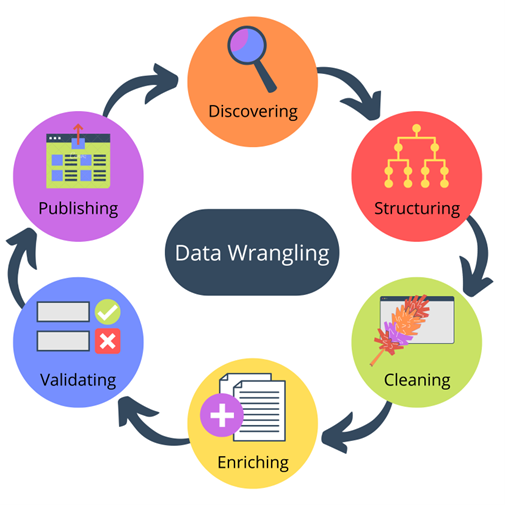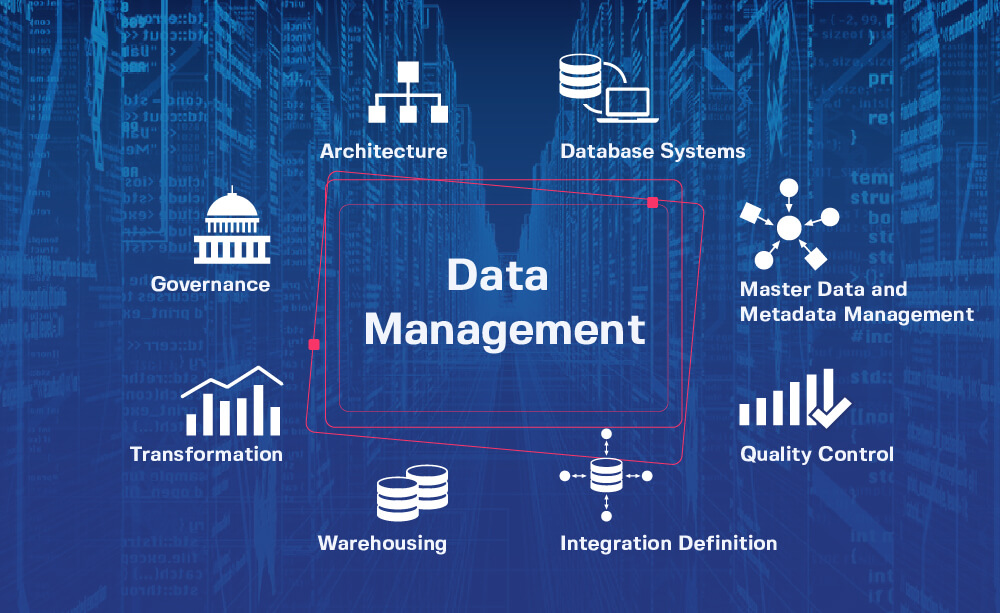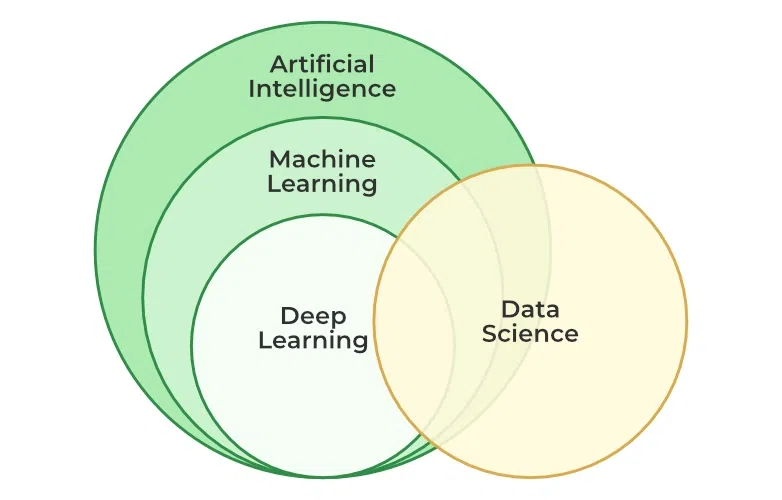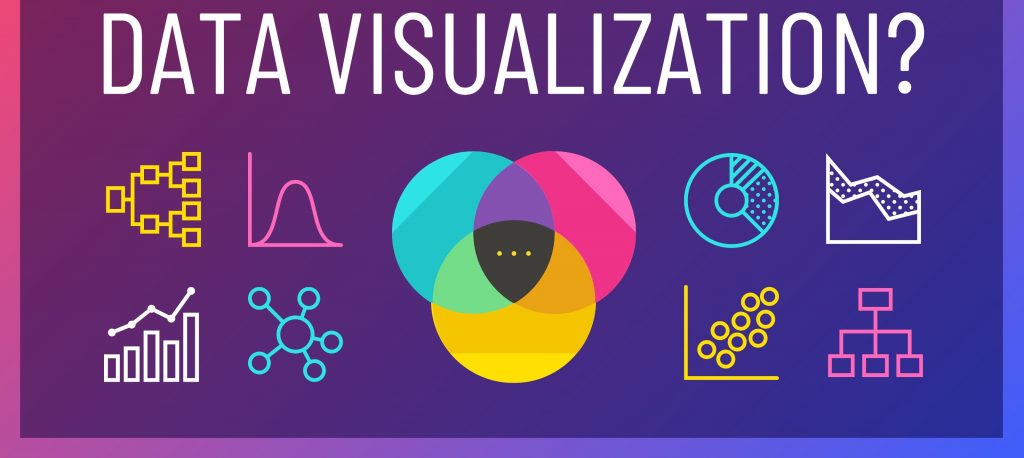Data scientists employ data to identify the questions that teams need to address and then assist teams in finding the answers by developing data models and algorithms to predict results. Data scientists provide insights that are applied to business decisions to stimulate innovation or profitability.
Technical skills, such as the ability to navigate and organise enormous volumes of data and make sense of it all, are what data scientists most require. The 6 technical skills that any data scientist should possess are covered in this article.
Table of Contents
Programming
Data scientists need to know programming languages like Python or R in order to organise, evaluate, and handle massive amounts of data, or “big data.” As a new data scientist, you should understand the fundamentals of data science and start learning how to use Python.

The following is a list of popular programming languages:
- Python
- R
- SAS
- SQL
Statistics and Probability
Data scientists must study probability and statistics in order to create excellent machine-learning models and algorithms. Statistical analysis ideas like linear regression are crucial for machine learning. In addition to having a thorough understanding of terms like mean, median, mode, variance, and standard deviation, data scientists must additionally be able to gather, analyse, organise, and display data.

These are some of the several statistical approaches you should be familiar with:
- Probability distributions
- Over and undersampling
- Bayesian and frequentist statistics
- Dimension reduction
Data wrangling and Database Management
The process of cleaning and organising large, complicated data sets to make them easier to access and analyse is known as data wrangling. Making judgements based on data requires manipulating the data, which might take time, in order to classify it according to patterns and trends, as well as to input and modify data values. This relates to knowing database management as well because you have to load data into a data warehouse system after extracting it from various sources and formatting it appropriately for query and analysis.

These are some helpful tools for organising data:
- Altair
- Talend
- Alteryx
- Trifacta
- Tamr

And database management tools include the following:
- MySQL
- MongoDB
- Oracle
Machine Learning and Deep Learning
As a data scientist, you should become proficient in machine learning and deep learning. By using these methods, you can become a better data scientist by being able to collect and process data more quickly and accurately forecast the results of future data sets. For instance, you may use linear regression to predict the number of clients your business would have based on data from the preceding month. Eventually, you can expand your understanding to encompass more complex models, such as Random Forest.

Some useful machine learning algorithms are as follows:
- Linear regression
- Logistic regression
- Naive Bayes
- Decision tree
- Random forest algorithm
- K-nearest neighbor (KNN)
- K means algorithm
Data Visualization
You should develop your abilities in data visualisation in addition to your knowledge of data analysis, organisation, and classification. A data scientist must have the ability to make graphs and charts. When you deliver your work to stakeholders with good visualisation abilities, the data will convey a compelling narrative of the business insights.

Familiarity with the tools listed below should help you prepare:
- Tableau
- Microsoft Excel
- PowerBI
Cloud Computing
In order to analyse and visualise data that is stored in cloud platforms, a data scientist will probably need to employ cloud computing technologies.

Certain certifications will concentrate exclusively on cloud services, like:
- Amazon Web Service (AWS)
- Microsoft Azure
- Google Cloud
Frequently Asked Questions
1. What is the ideal skill set for data science?
Strong programming abilities (Python, R, etc.), proficiency in machine learning, statistics, data analysis, and data visualisation (using Tableau or Power BI), and domain knowledge to comprehend and efficiently address real-world problems are the top three requirements for a data scientist.
2. Is data science a safe career path?
Without a doubt, a profession in data science offers tremendous potential for growth in the future. There are already many benefits, strong demand, and excellent compensation in this profession.